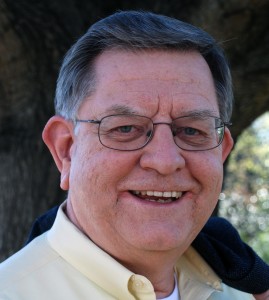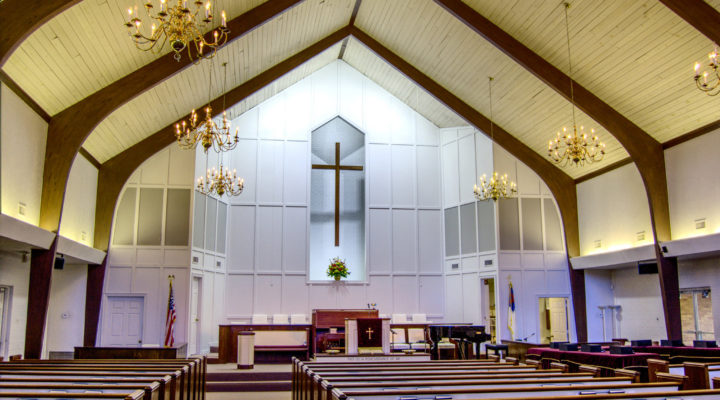Churches and ministers must put as much thought into saying goodbye to pastors as they do to finding and greeting new ones, congregational consultants say.
“Closure is a major issue,” said Bill Wilson, director of the North Carolina-based Center for Healthy Churches.

Bill Wilson
That reality has become urgently clear as the process of identifying and calling new ministers and other staff has become increasingly complex.
So, more and more churches are calling for outside guidance for strategies for how and when a pastor leaves a pulpit, and how congregations are informed about departures.
“Closure is a predicator of future health for clergy and church,” Wilson said. “It’s increasingly why we are being called.”
The topic is generating attention across the church landscape.
Earlier this month, Ed Stetzer addressed the issue in a Christianity Today article titled “How Pastors Can Leave Well.”
“Leaving places can be difficult. Saying goodbye, even when absolutely necessary, can be really painful – especially for pastors,” Stetzer, a professor at Wheaton College and executive director of the Billy Graham Center, said in the Oct. 4 article.
Stetzer added that a transition “doesn’t happen well by accident” and instead “requires thoughtfulness, intentionality, and proper planning.”
He offered tips such as letting congregations grieve, keeping transitions short (one to two months), being sensitive to the emotional impact on the pastor’s family, delivering ‘goodbye’ sermon series and being careful about continued involvement with friends at the former church.
The suggestions are poignant for George Bullard, a veteran clergy and congregational coach and son of a Baptist preacher.

George Bullard
Bullard, author of Captured By Vision: 101 Insights to Empower Your Congregation, saw his father struggle on several fronts when taking on new pulpits.
“One time, dad followed a pastor of 35 years who then stayed in the community,” he said. “During pastoral calls he would beat my father to the hospital and to the funeral home. This caused him a lot of trauma.”
In his consulting work, Bullard said he has seen ex-pastors sign written covenants laying out the ground rules for their continued relationship with the former church and its members.
“If someone wants you (the former pastor) to do a wedding or a funeral, you refer them to the new pastor who can then offer it to you,” Bullard said. “You give deference to the new pastor. That’s part of the covenant.”
But that takes mature incoming and outgoing ministers, he added.
“It fails as many times as it works,” he said. “It takes wisdom. There are no cut-and-dried rules.”
The point is, Bullard added, to try, whether it’s about how a minister stays in the community or how announcements of retirement or new positions are announced.
“People need some time to grieve. Time and gentleness are important,” he said.
Timing is important in every facet of the process.
“If a person leaves abruptly, that creates trauma,” Bullard said. “It comes like whiplash for people.”
It can be equally negative if a pastor stays too long after giving notice, he said.
“If someone is leaving under conflict, people feel like they didn’t have a chance to say goodbye. Or if they stayed too long, anger grew,” Bullard said.
And who deals with the fallout? Usually, it’s the next pastor, he added.
“This is where the intentional interim works well, especially if trauma needs to be settled before the next pastor comes in.”
Wilson said a lot of churches are realizing they can’t sort through such issues on their own. Coaches are being hired in all sorts of transition scenarios – from retirements to short-notice resignations.
Midsize and even smaller congregations are having that awareness.
“The best indicator of success is a healthy transition around leaving,” he said.
That growing intentionality also includes transitions of support staff.
“Churches are interested in succession planning because of budget and in an effort to be more honest and transparent,” Wilson said.
Engaging in that process positions congregations for a healthier search process and provides positive experiences for outgoing staff.
“Clergy have the opportunity to bless a congregation on the way out the door,” Wilson said.


